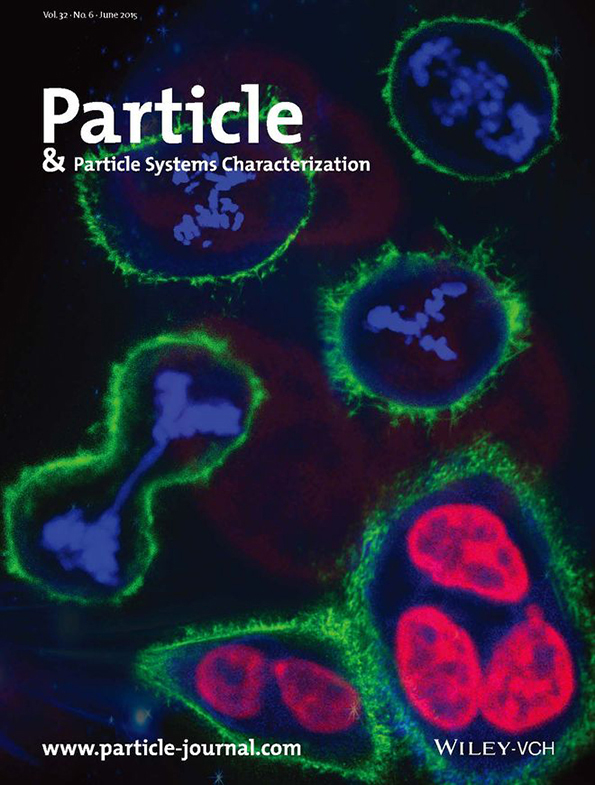
Title: Cytoskeleton and Chromosome Damage Leading to Abnormal Mitosis Were Involved in Multinucleated Cells Induced by Silicon Nanoparticles
Abstract: Recently, amorphous silicon nanoparticles (SNPs) are widely used in a variety of fields, especially in biological and medical science. Thus, the adverse effect of these nanoparticles should be carefully investigated. The multinucleation effect of SNPs was firstly reported in our previous studies, while the relative mechanism is still unclear. Therefore, the purpose of this study is to investigate the mechanisms with regard to the formation of multinucleated cells. Two sizes of amorphous SNPs (Nano‐Si64 and Nano‐Si46) are carefully characterized. Cytotoxicity and rate of multinucleated cells are firstly determined after human hepatic L‐02 cells are treated with two SNPs for 24 h. Then cell fusion and abnormal mitosis, two ways could form multinucleated cells, are investigated, respectively. Results indicated that SNPs produce a dose‐dependent and size‐related multinucleation effect in L‐02 cells. Abnormal mitosis instead of cell fusion is the main reason for the formation of multinucleated cells caused by SNPs. Both two SNPs could affect the quantity and distribution of cytoskeleton through extra ROS and Ca2+ leading to abnormal mitosis and cytokinesis. Additionally, chromosome damage resulting in corresponding G2/M cell cycle arrest should be another aspect, which finally leads to the formation of multinucleated cells in L‐02 cell line.
